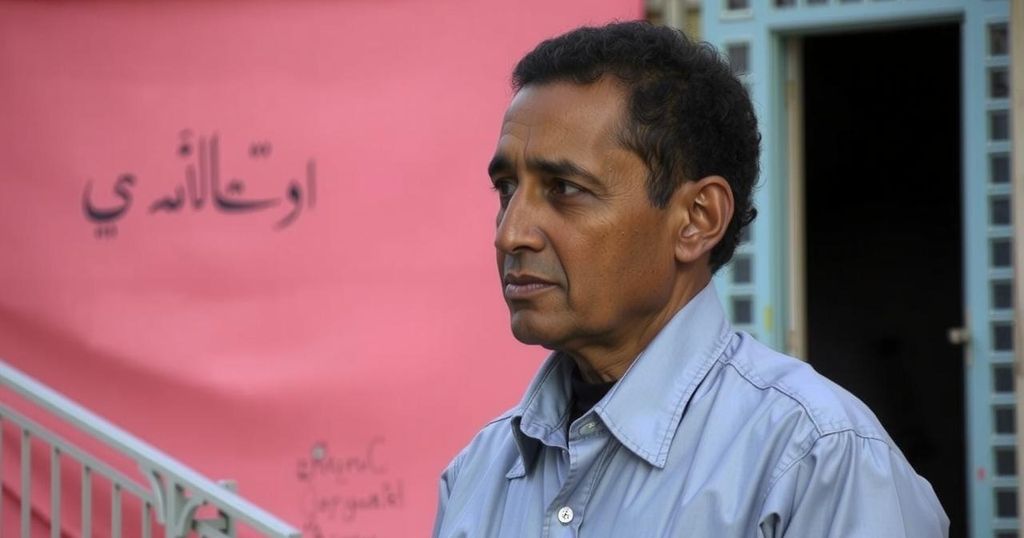Turkey is criticized by the United Nations for forcibly deporting nearly 300 Eritrean migrants, exposing them to severe human rights violations. Reports indicate that these actions violate international law, especially concerning the treatment of refugees. The UN experts have called for an immediate halt to deportations and improvements in the treatment of detained migrants.
The Turkish government, led by President Recep Tayyip Erdogan, faces significant criticism for forcibly deporting nearly 300 Eritrean migrants, raising severe human rights concerns, according to a recent United Nations report. The UN Special Rapporteurs have addressed the issues of arbitrary detention and the imminent risk of further deportations of approximately 50 additional Eritreans. The report asserts that these actions contravene established human rights principles and refugee laws prohibiting the return of individuals to locations where they face danger.
The fundamental human rights principle, underscored in international law and supported by the Convention Against Torture, prohibits the deportation of individuals to countries where they are at risk of maltreatment. The UN experts highlighted that detention in Eritrea correlates with an increased risk of torture and inhumane treatment, noting that many deportees are subject to forced military conscription, which is often linked to forced labor and severe abuse.
The report indicated that those who have been deported to Eritrea frequently encounter torture and enforced disappearances. The United Nations also criticized the deplorable conditions at Aydın Repatriation Center in Turkey, where 50 Eritrean migrants are currently held. Detainees alleged mistreatment, including physical assault by guards, inadequate medical care, and a lack of legal representation and family contact.
United Nations experts have called on Turkey to cease deportations to Eritrea, enhance the conditions for detained migrants, and assess asylum claims on an individual basis. As of now, there has been no public response from the Turkish authorities regarding these allegations.
This incident occurs within the broader context of international migration patterns and the challenges faced by refugees, particularly those from Eritrea, known for its oppressive governmental practices. The forced deportation of Eritrean migrants by Turkey raises important questions about the country’s compliance with international human rights obligations. These obligations are grounded in numerous treaties that Turkey has ratified, including the Convention Against Torture, emphasizing the commitment to protecting individuals from being sent to nations where they can face torture and severe human rights abuses.
The forcible deportation of over 300 Eritrean migrants by Turkey, as reported by the United Nations, exemplifies a grave violation of human rights and refugee laws. These deportations place individuals at increased risk of torture and other forms of significant harm upon return to Eritrea. The situation demands urgent action from the Turkish government to halt these deportations, improve detention conditions, and ensure that the rights of asylum seekers are adequately protected. This report highlights both the humanitarian crisis surrounding Eritrean migrants and the international community’s role in advocating for their rights.
Original Source: www.garoweonline.com







